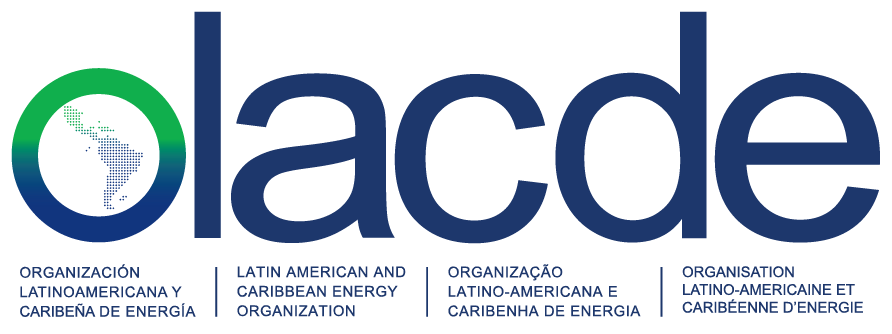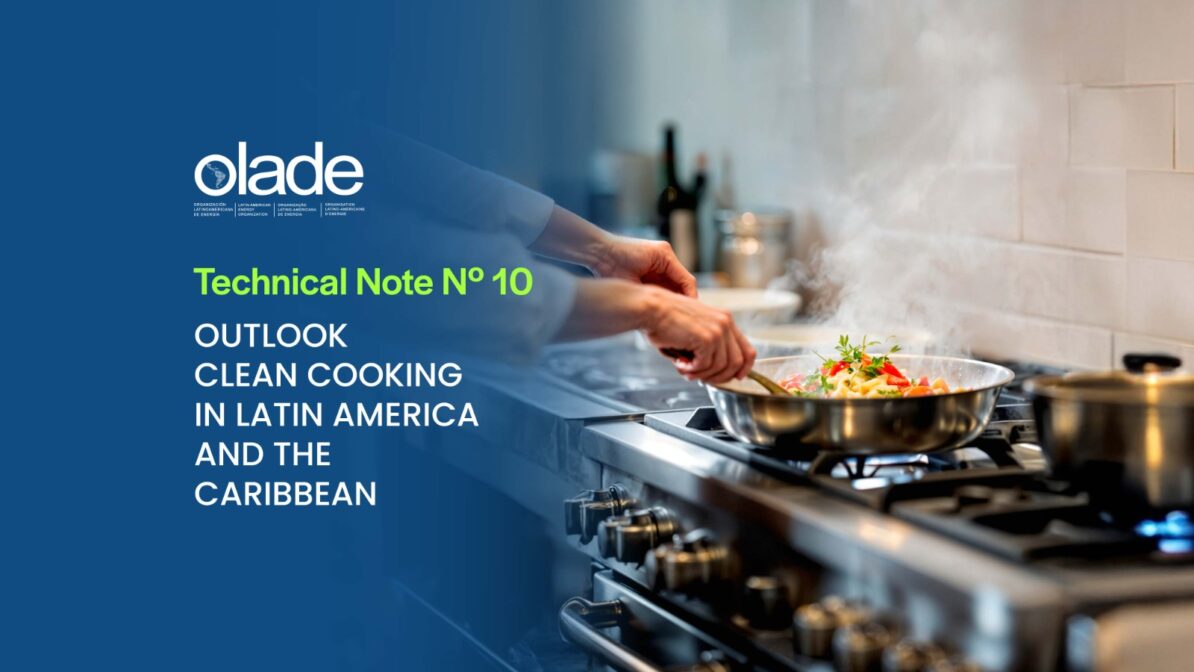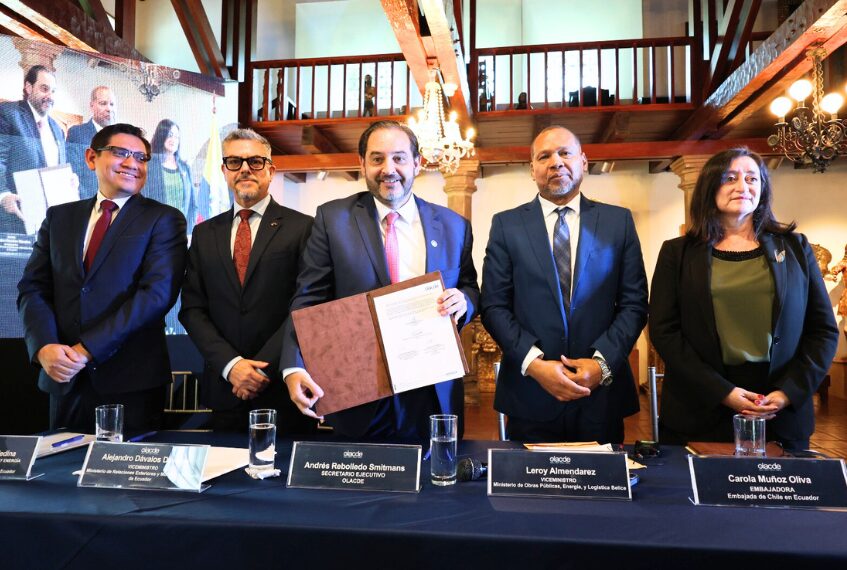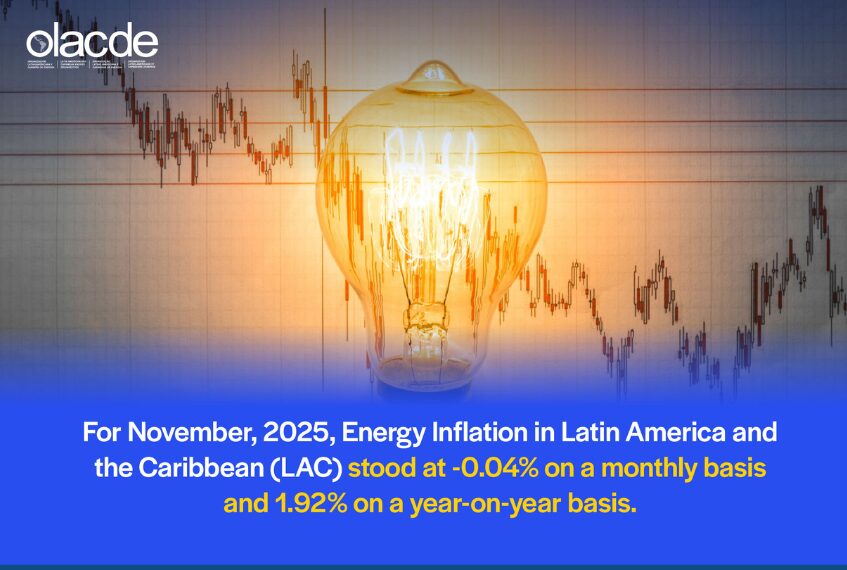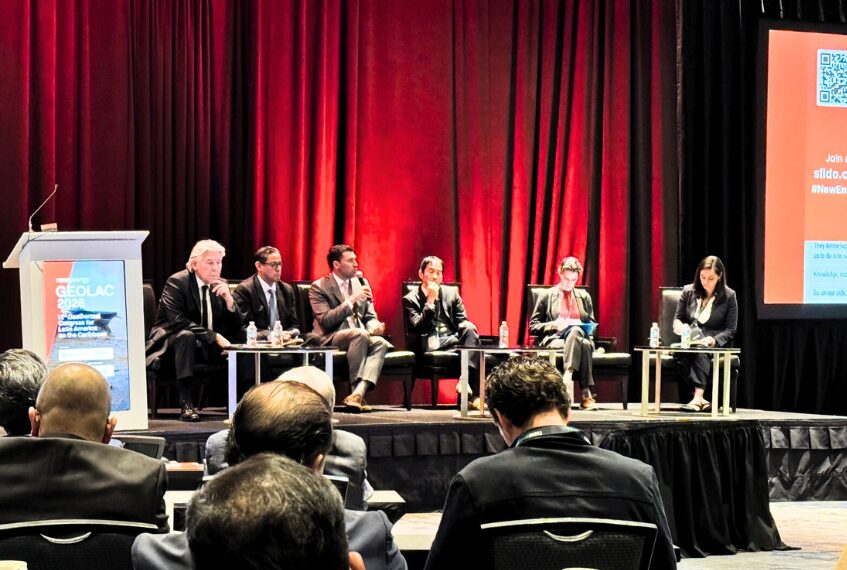By 2035, Latin America and the Caribbean should replace around 62 million tons of firewood used annually in residential cooking with electricity, liquefied petroleum gas (LPG), natural gas, and biogas. This ambitious goal will require investments of approximately US$ 7.7 billion, according to Technical Note No. 11 published by The Latin American and Caribbean Energy Organization (OLACDE) under the title “Overview of Clean Cooking in Latin America and the Caribbean.”
The report states that firewood currently accounts for 31% of residential energy consumption in the region and that, to ensure 95% of the population has access to clean cooking by 2035, it will be necessary to provide around 50 million people with modern technologies, including electric, gas, or improved wood-based stoves.
The projected scenario involves partially replacing wood with about 1.7 billion cubic meters of natural gas, as well as requiring around 46 million barrels of LPG and 11 TWh of electricity.
Investments should focus on increasing electricity capacity, modernizing distribution networks, and promoting both local production and the import of necessary fuels.
The partial substitution of firewood with modern energy sources, combined with the adoption of efficient stoves, could generate a 33% energy saving by 2035 compared to the current trend, with direct benefits for public health, reduced deforestation, and, consequently, progress toward achieving the Sustainable Development Goals.
OLACDE emphasizes that the success of the plan also depends on ensuring affordable prices, especially for vulnerable households, mostly located in rural areas where, traditionally, when fuel supply is available, it is at low cost for families — an integral part of local culture. In addition, household electrification must be accompanied by a significant expansion of dedicated infrastructure.
